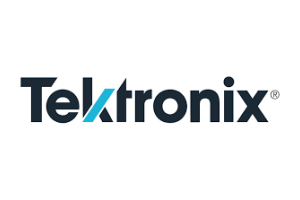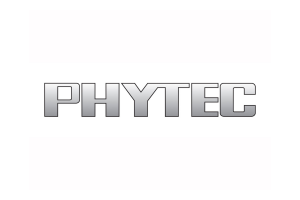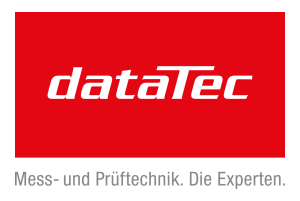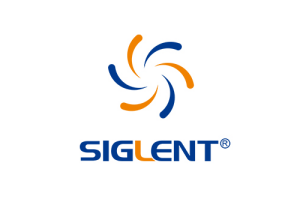Electric cars are getting better...
...but the customers are more and more dissatisfied
UScale's Electric Car Satisfaction Study 2023 shows where things are still going wrong with electromobility and which brands are convincing. Tesla and Porsche lead the field, but even here customers see a need for action.
For the fifth year in a row, Stuttgart-based market research firm UScale has conducted its EV Satisfaction Survey on the usage habits, problems and recommendations of male and female electric car drivers and presented the results.
High expectations in the mass market
After the years of early adopters, electric cars are now entering the mass market, where they are encountering much higher expectations than before.
Although the performance of electric cars is improving in the areas of charging power and range, but also in other fields such as functionality and operation, buyers and users are evaluating their vehicles and their functionality more and more critically: the willingness of e-car users to recommend their own vehicle to friends and acquaintances is declining significantly. Despite the technical improvement of many models, the satisfaction of owners with their vehicles is therefore declining.
Focus on driving characteristics and costs
The reason for this apparent contradiction is new user groups that are now buying electric cars: Whereas in recent years, ecological motives were at the forefront when switching to an e-car, driving characteristics and cost aspects now dominate the list of switching motives for the first time.
UScale conducted the study on its own behalf and offers the results to vehicle manufacturers and suppliers to improve their products. Between April and May 2023, exactly 4,522 owners of battery electric vehicles in the German-speaking DACH region were recruited via social media and questioned in detail with the help of 87 closed and 16 open questions.
Tesla convinces with charging and route planning
The willingness to recommend one's own electric car varies significantly between the brands. The undisputed number one is Tesla, which convinces its users in all electric-specific areas such as charging, route planning and the Connect app. However, there is still considerable criticism of the quality and various types of noise. As many as 40% of Tesla drivers see a clear need for action in this area.
Koreans on the rise
UScale measured growing popularity among the Korean brands Genesis, KIA and Hyundai. All three brands were consistently rated above average, apart from route planning. In terms of charging performance, all models scored well with 800 V technology, with Genesis setting the bar for all other brands.
Mixed picture for the Volkswagen brands
Porsche makes up for the massive criticism of its low range with its 800-V on-board network, which leads to very short charging stops. Audi also suffers from low range and high consumption. However, there are also massive complaints about the Connect app and the software quality. The latter also affect the sister brands VW and Cupra and characterize the overall critical impression.
Chinese market entries cause excitement
MG, the Chinese brand, also delivers subdued results in the ranking. While the range is rated positively, there is massive criticism of the electric-specific operating concepts, route planning and software. Due to new market entries by Chinese providers such as Nio, the numbers experts at UScale expect exciting results in the coming year.
Stellantis under criticism
The brands of the Stellantis group of companies are once again rated very critically by their drivers. Together with the Opel and Peugeot brands, they bring up the rear in the ranking. Opel and Peugeot drivers consistently rate all electrospecific aspects below average. They are particularly critical of the Connect app: 90% of those surveyed see a clear need for action.
Dr. Axel Sprenger, founder and CEO of UScale, comments on the results: »Compared to combustion engines, which have been optimized for over 100 years, battery electric vehicles are still at the beginning of their development. Electric car drivers are no longer looking for adventures, but expect a mature vehicle. All manufacturers, including the market leader, still have room for improvement, which will not be easy as user expectations continue to rise.«





